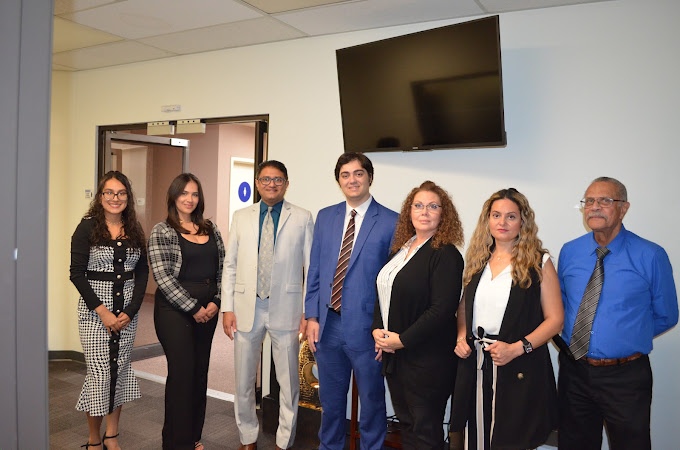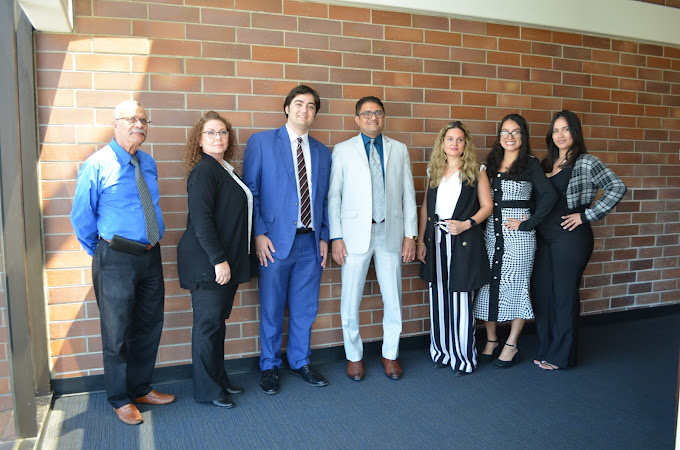Experienced Ladera Ranch Divorce Attorneys Protecting Your Rights
Going through a divorce is an emotional rollercoaster ride that can be overwhelming for most. In addition to the emotional toll of your marriage breaking apart, you need to make critical decisions regarding your children, finances, and property. The California divorce process is complicated, even for spouses agreeing on the terms of their divorce. Having an experienced divorce lawyer will ensure you get quality representation inside and outside the courtroom.
Divorce attorney Binoye Jos will guide you every step of the way, protect your rights, and advocate for your family’s best interests to obtain the most favorable outcome in your divorce. Our family law firm will provide the guidance and support you need during this difficult time.
Call (714) 733-7066 to schedule a consultation with our seasoned attorneys to minimize stress as we help you move to the next chapter.
Why Choose Jos Family Law for Your OC Divorce?
- Handling divorce & family law matters for more than 55 years
- Knowledge of local court procedures
- Constant communication throughout the process
- Expertise in high net-worth divorce
- Personalized guidance & tailored strategies for every client
- Proven track record inside & outside the court
Get In Touch
Our attorneys are here to help you during every stage of your case. Schedule a confidential consultation and know your options with the seasoned counsel of top family law attorneys.
Contact Information
Please call, email, or contact our office online to arrange an appointment for your case today.









